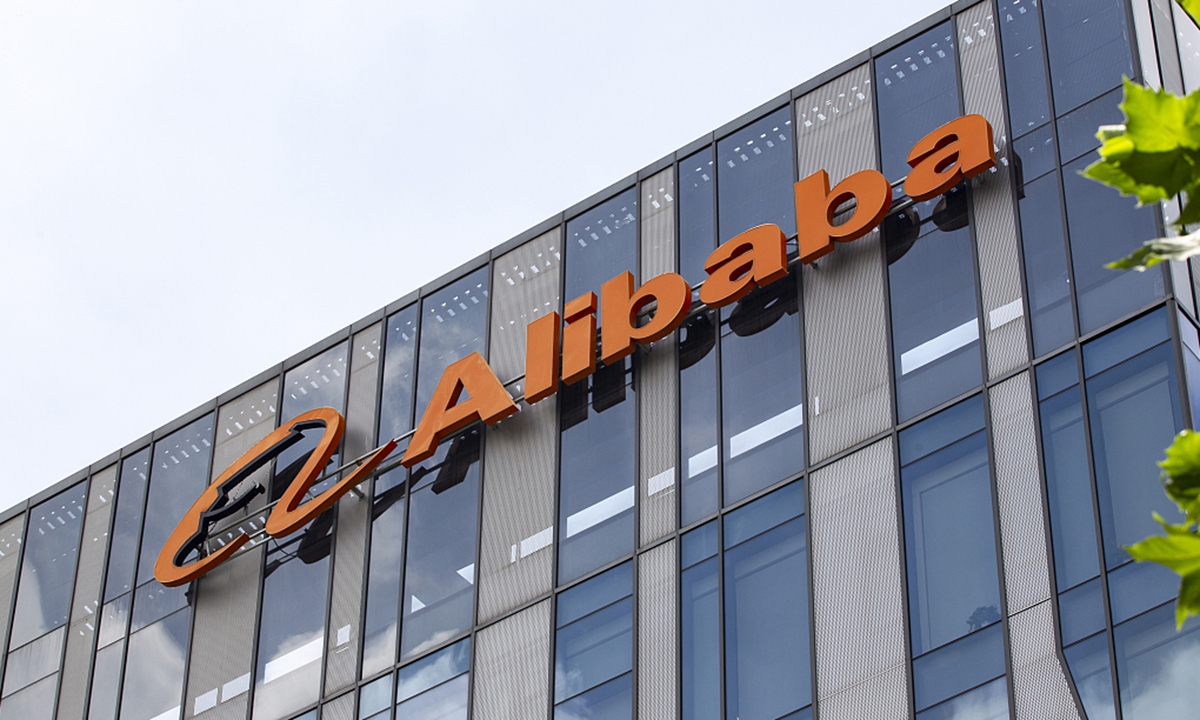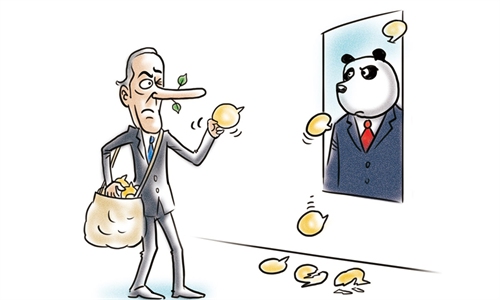
Alibaba Photo:VCG
The latest dismissal of a female employee at China's e-commerce giant Alibaba, who accused a manager of sexual assault in August, has been a hot topic in China. The female employee, according to media reports, was fired for spreading false information.Sexual assault allegation, female, e-commerce giant Alibaba, China. This piece of news contained so many juicy factors enough to make some Western media outlets twist the focus of the story with a clear biased mindset.
For instance, BBC ran an article entitled "Alibaba fires woman who claimed sexual assault." Similarly, the Guardian used the headline "China's Alibaba accused of firing female employee whose alleged colleague sexually assaulted her," while Bloomberg wrote a report, "Alibaba Fires Woman Who Accused Boss of Rape in #MeToo Setback."
Only a few Western news outlets pointed out the fact while explaining the dismissal reason given by the company in their headline. This includes Newsweek that wrote, "Alibaba fires female employee who allegedly sexually assaulted her for 'spreading false information'."
According to Li Haidong, a professor at the Institute of International Relations at China Foreign Affairs University, the MeToo movement in the West is no longer what it should have been: a rational discussion about justice and what's really right or wrong. Instead, it is politically correct to always batter those that are superior or more powerful because they are presupposed to be wrong. Thus, the superior or more powerful ones are always the first to be called into question whenever an allegation of sexual assault or harassment is made.
This reminds us of the case related to Zhu Jun, one of the most recognizable faces on Chinese television, and Zhou Xiaoxuan (also known by her online name Xianzi), an intern used to work on Zhu's show. The case has been regarded as the so-called landmark of China's MeToo movement since it was exposed to public three years ago. In September, the People's Court of Haidian District in Beijing rejected Xianzi's claims of being sexually harassed by the anchor. Unsurprisingly, the result has been widely reported in a sensational way by mainstream media in the West.
In Li's view, these Western media outlets intend to create such an image: Chinese society is unhealthy; there is no social justice in China, and the rights of disadvantaged groups such as women cannot be guaranteed. For this very reason, Western governments and societies should punish and seek to change China.
Western media has been labeling cases like the Alibaba case as part of the MeToo movement. This way, they aim to create antagonism between genders and thus undermine the stability of Chinese society. The movement has also been exploited by the Western media and certain forces to discredit China's political system.
In the Alibaba case, the reputation of the company is somewhat damaged by the Western media coverage. According to Li, MeToo has become a matter of political correctness in the West.
"In the US, MeToo has become a topic that can politically divide its society. Now that some forces attempt to 'transplant' it to China to create political divisions, we need to be wary of it," said Li.

